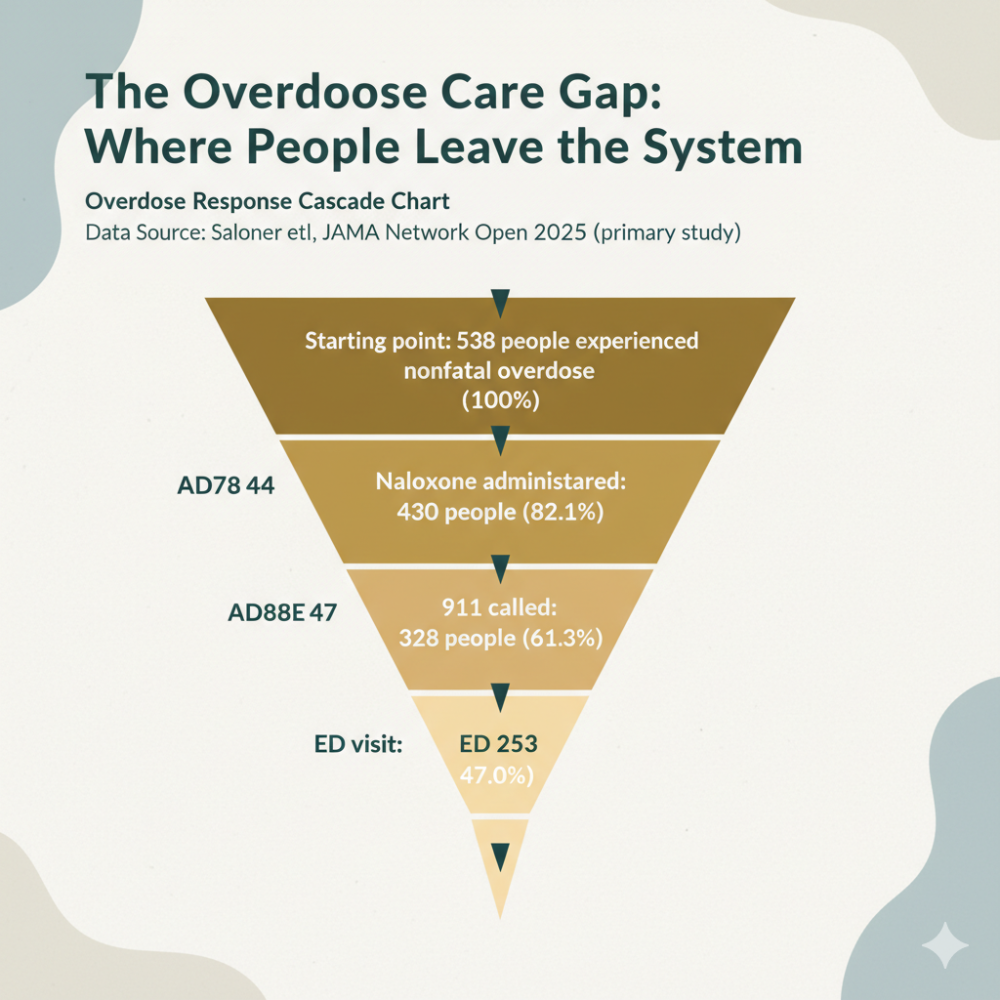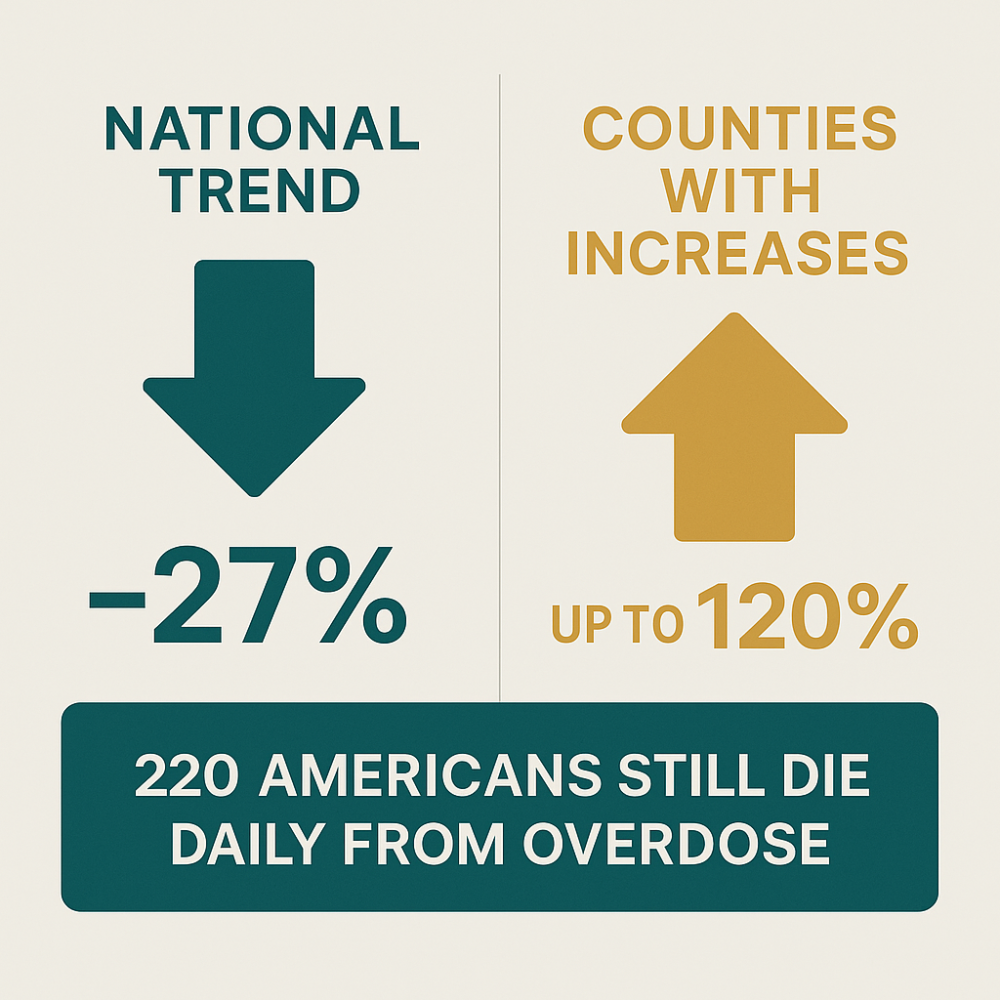Tianeptine, a drug originally developed to treat depression, has become a growing concern in the United States. Often referred to as “gas station heroin,” this unregulated substance poses significant health risks and has caught the attention of poison control centers and lawmakers alike. Here’s what you need to know:
1. Unapproved but available: Despite lacking FDA approval, tianeptine is sold in the U.S. as a nootropic, often in colorful bottles at gas stations and convenience stores.
2. Opioid-like effects: Research has revealed that tianeptine activates opioid receptors similarly to drugs like morphine and fentanyl.
3. Addiction potential: Users report struggling with dependency and withdrawal, leading to online communities dedicated to quitting the drug.
4. Increasing abuse: Poison control centers have seen a dramatic spike in tianeptine-related cases since 2014.
5. Legal gray area: While it’s illegal to market or sell tianeptine, it’s not a federally controlled substance, leading to a patchwork of state-level bans.
6. Health risks: Experts warn of dangers including respiratory depression, severe sedation, and potential overdose.
7. Regulatory challenges: The FDA and other agencies are working to restrict tianeptine’s availability, but its online presence complicates enforcement.
8. Future concerns: There are indications that tianeptine is being used to create counterfeit prescription opioids, further blurring lines in the ongoing opioid crisis.
As awareness grows, it’s crucial for the public to understand the risks associated with tianeptine and to approach any unregulated substance with caution. Stay informed and consult healthcare professionals for safe alternatives to manage mood and cognitive function.
Header Image Background – Gas Station – Licensed CC via Patrick Emerson https://www.flickr.com/photos/kansasphoto/



